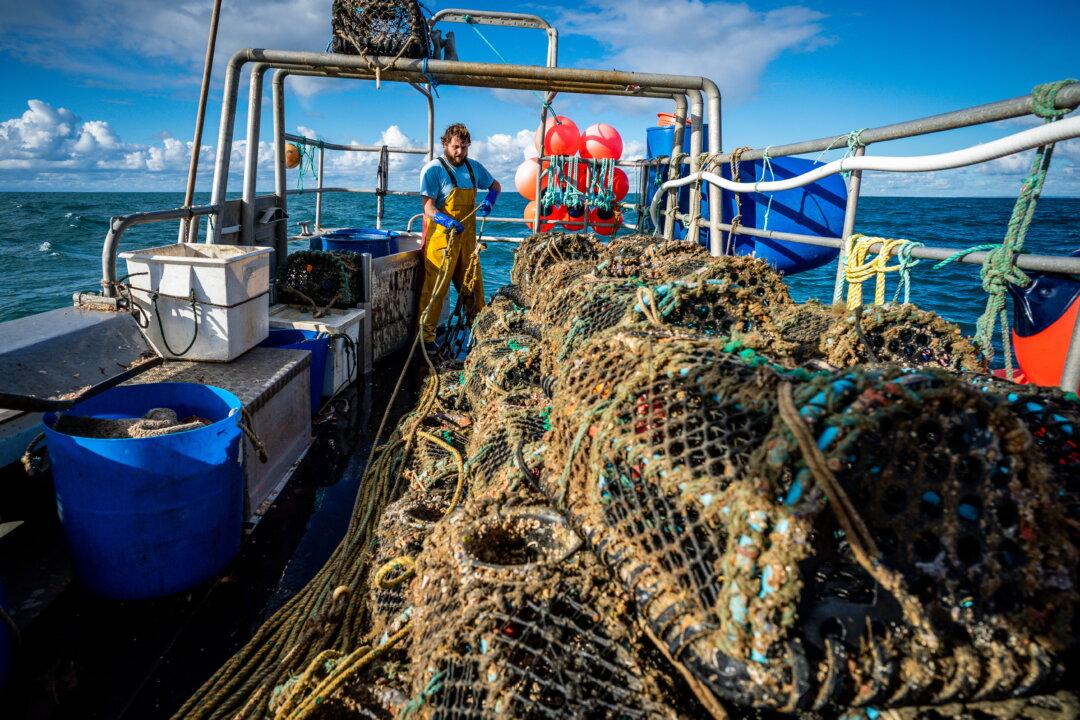The introduction of new medical certification requirements has sparked frustration among UK fishermen, who argue that the rules may force some individuals to lose up to a quarter of their weight by November or lose out on work.
By the end of November 2023, anyone working on a UK fishing vessel must have a certificate of medical fitness.





